Nation to enhance communication with non-State players for 'real voices'
China will roll out pragmatic measures to support the growth of the private economy, such as encouraging private enterprises to participate in the construction of major national engineering projects, officials said at a conference.
The government will encourage more private investors to take part in national projects, such as railways, nuclear power plants, water conservancy, and ecological and environmental protection, and help them in financing and project recommendations, said Zheng Shanjie, head of the National Development and Reform Commission, China's top economic regulator, during the conference in Jinjiang, East China's Fujian province.
The two-day event that concluded on Wednesday focused on promoting high-quality development of the private economy and drawing on the experience of Jinjiang, a city that became prosperous after its private economy boomed.
"China will accelerate the legislative process on the promotion of the private economy, and the government will improve multilevel communications and exchanges, and listen to the real voices of private enterprises," Zheng said.
"In addition, the country will strengthen analysis of the private economy's development, promote good practices and cases for mutual learning, and improve work mechanisms with a view to better serve the private economy's development," he said.
China will support private enterprises in jointly participating in the Belt and Road Initiative, and continue to enhance their international competitiveness, he added.
The country's private economy has shown long-term growth prospects.
The private sector has formed a growing proportion of the nation's GDP, and now accounts for more than 60 percent of the total, according to the National Bureau of Statistics.
Last year, several policies were introduced to promote the development of the private economy, and it has shown steady progress.
In the first 11 months of 2023, the total import and export value of private enterprises grew by 6.1 percent year-on-year, which was 6.1 percentage points faster than the growth rate of the nation's total imports and exports by value.
During the same period, excluding investments in real estate development, private investment in the country increased by 9.1 percent year-on-year, said the NDRC.
Meanwhile, the NDRC released a national financing credit service platform during the conference.
The platform aims to assist in intelligent matching of financing needs of private enterprises and the products of financial institutions. It also recommended 200 key national projects for private capital participation.
Lu Lei, vice-governor of the People's Bank of China, said the central bank will increase tolerance for nonperforming loans of private enterprises and help them reduce financing costs, as well as support private enterprises in mergers and acquisitions and listing on stock exchanges.
Fujian is one of the earliest birthplaces of the private economy in China.
The private economy generates 70 percent of tax revenues and the GDP in the province.
More than 90 percent of enterprises in the province are private, and they have created over 80 percent employment for the urban labor force, according to the local government.
"We will encourage private enterprises to help grow the real economy, build their brand reputations and develop century-old stores, and generate greater vitality," said Zhao Long, governor of Fujian.
In Jinjiang, private enterprises have formed new industrial growth points and competitiveness.
The output value of the private economy in the city has exceeded 800 billion yuan ($112 billion), and it is expected to hit 1 trillion yuan by 2025, said the local government.
Jinjiang-based domestic sports giant Anta Sports Products Ltd, whose sales revenue has ranked tops among Chinese sportswear product makers for 11 straight years, said it will continue to help drive high-quality development through technological innovation and promote the upgrading of the real economy.















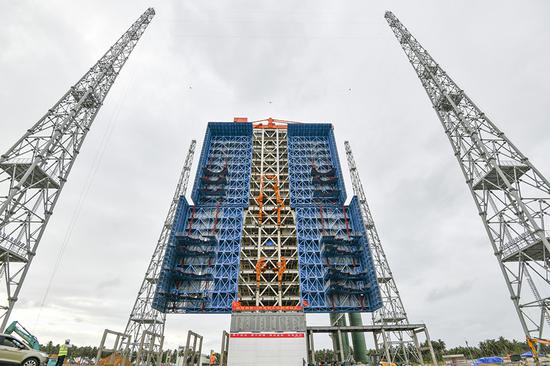


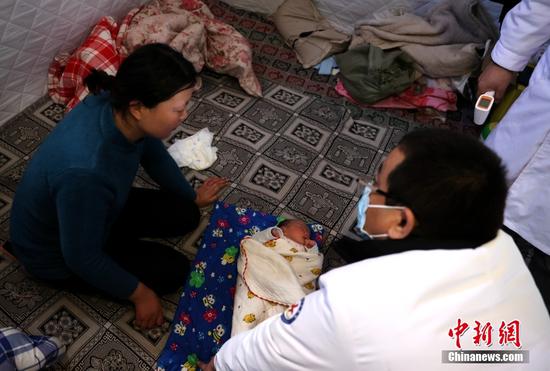
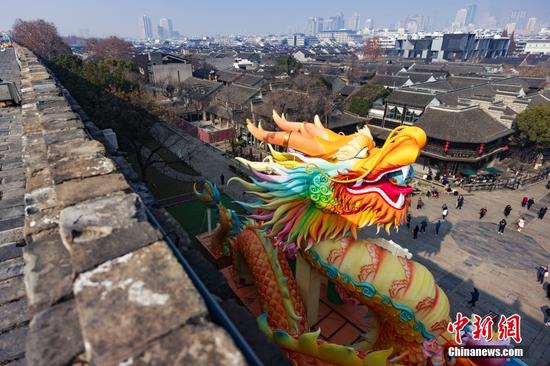

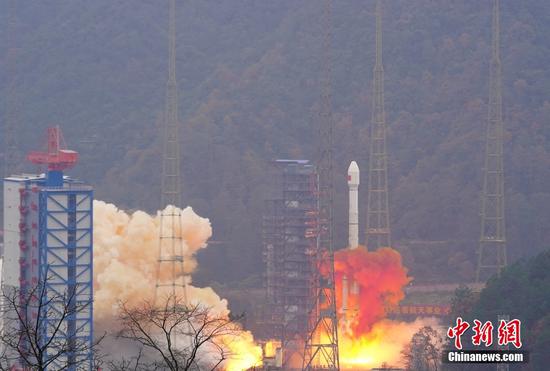
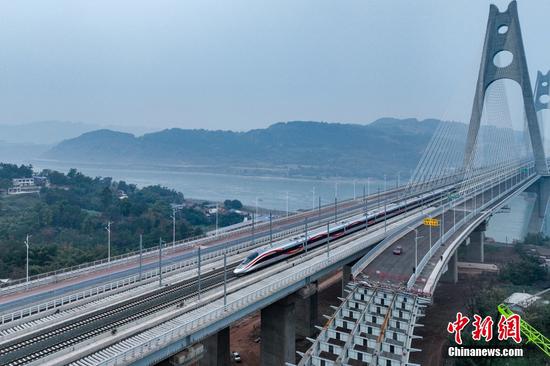
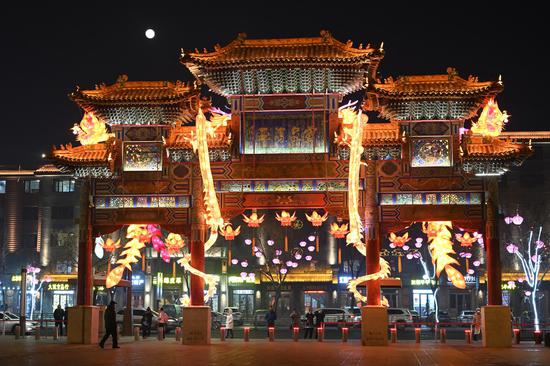

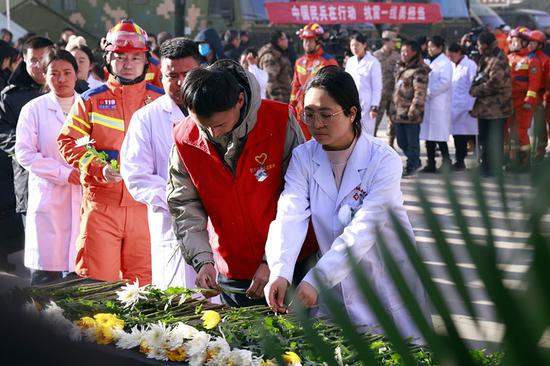
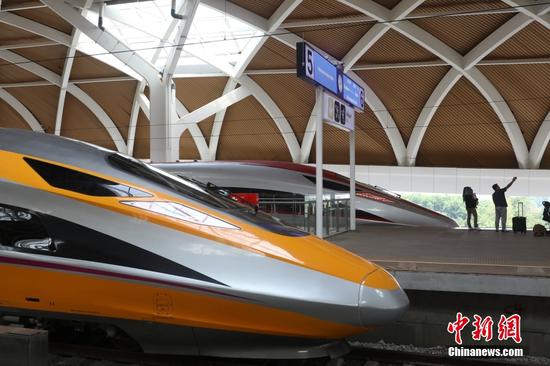

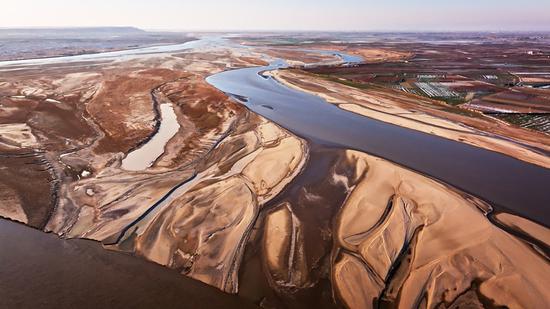

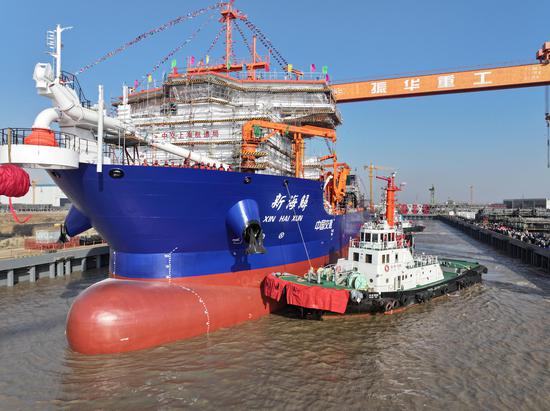
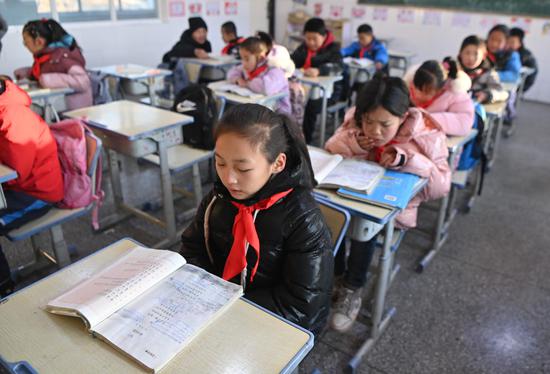




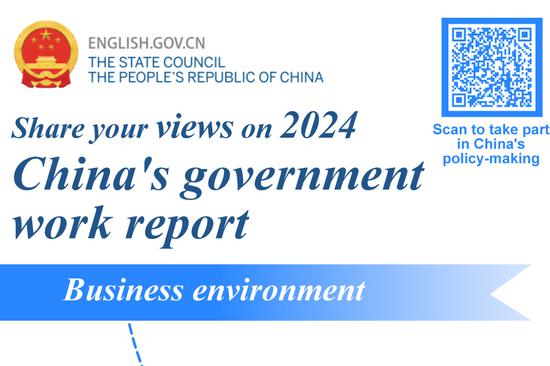
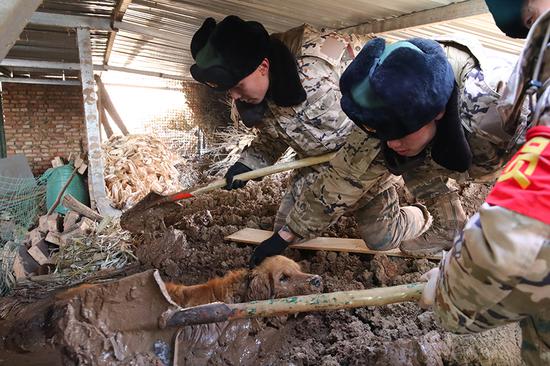
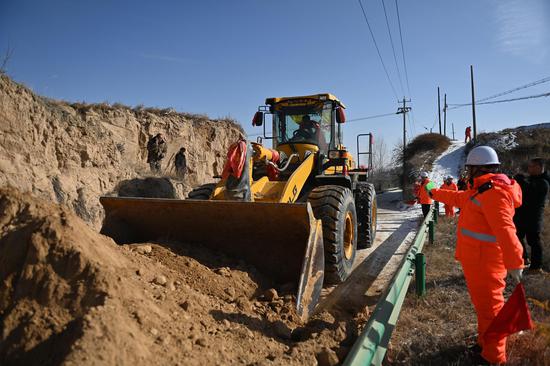
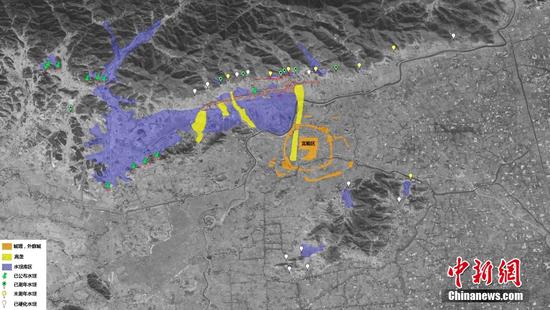





 京公网安备 11010202009201号
京公网安备 11010202009201号